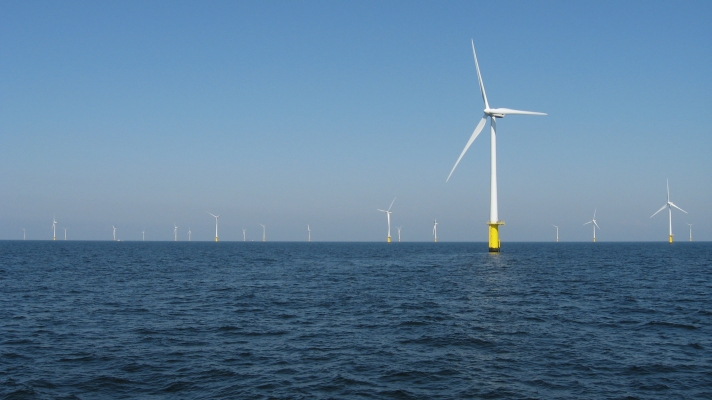The European Commission wants to increase offshore wind energy generation 25-fold over the next thirty years. In ten years’ time, offshore wind turbines will have to supply five times more energy. To meet these targets, the day-to-day administration of the European Union is planning to invest EUR 800 billion in them up to 2050.
According to the committee, wave and tidal energy, which now play a negligible role, must also make a significant contribution. And it expects a great deal from the arrival of floating windmills and solar panels. These should ensure that Europe can also obtain energy far offshore. This will provide extra space and save citizens and businesses from having to raise objections. The “floating technology” is still in its infancy.
The EU has agreed not to emit more greenhouse gases than it absorbs by 2050. In order to achieve this climate neutrality, the energy supply must be given a major overhaul. However, space on the continent is scarce, and not everyone wants wind turbines.
Pioneering role
But ‘with our large sea basins and the pioneering role of our industry, the European Union has everything it needs to meet this challenge,’ says Frans Timmermans, part of the committee and responsible for climate. He points out that wind energy at sea is already a success story. ‘We are striving to make it an even greater opportunity for clean energy, quality jobs, sustainable growth and global competitiveness.’
With the committee’s ‘clear direction and fixed frameworks’, governments and industry know where they stand and can invest extra money, time and energy in offshore wind energy, according to Timmermans’ colleague Kadri Simson (Energy).
Doubling investments
Wind farms in the North Sea are already being constructed without subsidy. But in order to meet the committee’s targets, the amounts invested in offshore wind farms in recent years will have to be doubled. That is where the many hundreds of billions from the Corona Recovery Fund will come in handy, the committee thinks. It encourages member states to make the most of this fund, more than a third of which has been set aside for investments that benefit the climate, nature and the environment.
According to the committee, the European Investment Bank is also ready to provide assistance.
Tough job
The committee recognises that the EU is facing a tough job. Manufacturers are not yet able to meet demand, ports need to be expanded and improved and many more engineers and mechanics need to be trained.
At the same time, it is important not to damage nature and fisheries, the committee recognises. Something that will be taken into consideration, assures European Commissioner Virginijus Sinkevičius (Environment). He sees the great increase in wind energy at sea being combined with fishing and shipping, ‘in harmony with nature’.
Timmermans points out that wind turbines at sea lack all the disadvantages they have on land. Because fishermen, transport and tourism and other stakeholders will be able to participate, he hopes that resistance will be limited.
Source: ANP








